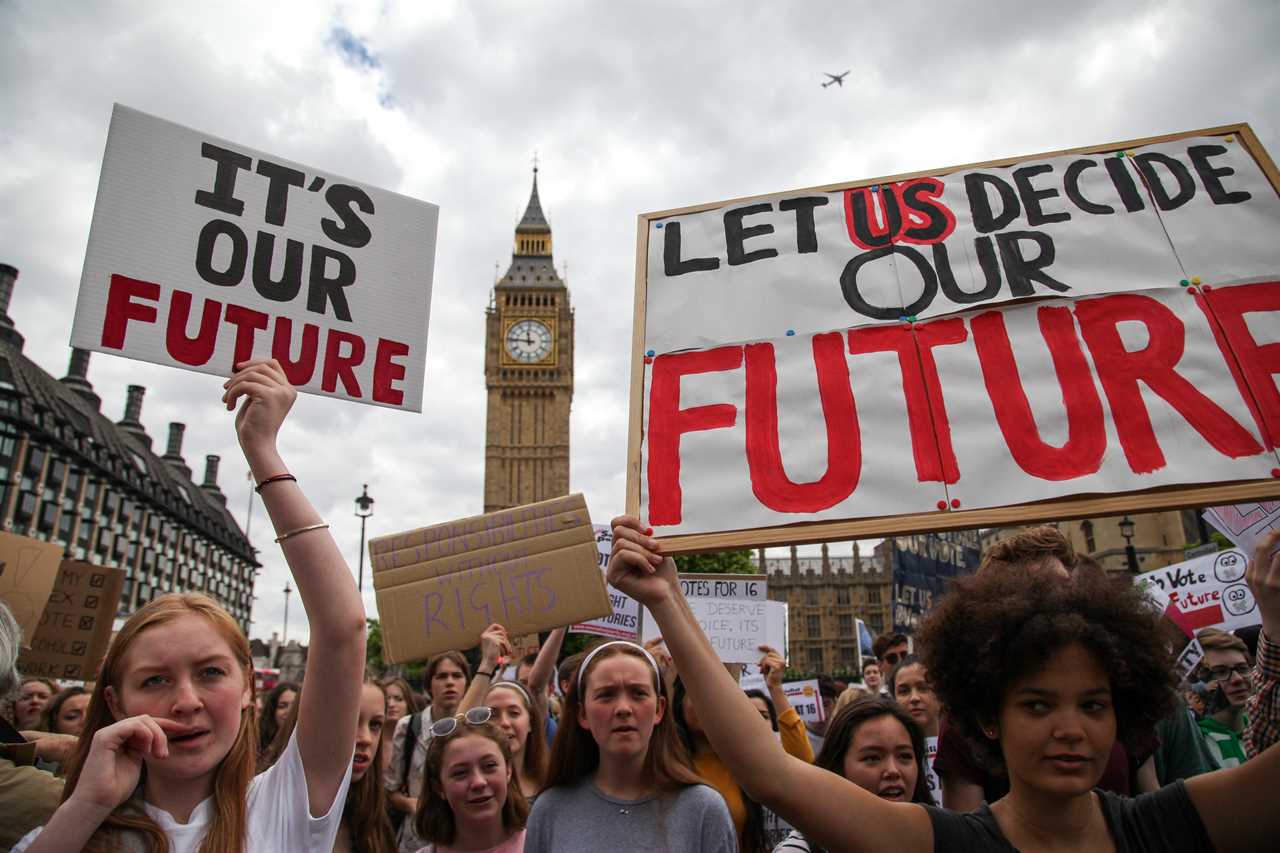
In a political landscape rife with controversy, the recent Labour proposition to lower the voting age to 16 has ignited a fierce debate, with accusations of election tampering at its core. Deputy PM Angela Rayner's announcement to extend voting rights to 1.5 million 16 and 17-year-olds has stirred both support and opposition, revealing deep-seated anxieties about fairness and political motivations.
The wider context: Youth Suffrage and Political Strategy
The proposal to enfranchise younger citizens reflects a global trend towards expanding youth participation in democratic processes. However, concerns about partisan advantages and electoral manipulation loom large, as critics accuse Labour of exploiting potential voting patterns among younger demographics. This move raises fundamental questions about the intersection of political strategy, fairness, and democratic principles.
Challenges of Representation and Public Opinion
While advocates argue for equal rights based on responsibilities like taxation, the public remains divided. Polling data reveals a mixed sentiment, with resistance from a significant portion of both the electorate and the targeted age group itself. These conflicting attitudes underscore the complexities of representation, highlighting the delicate balance between inclusivity and electoral integrity.
Political Strategy and Opposition Reactions
Amidst accusations of cynical manoeuvring, opposition leaders have condemned the proposal as a strategic ploy to sway votes in Labour's favour. The Conservative Party's dismissal of the plan as a "desperate gimmick" and Reform's vow to counteract perceived bias signal deep-seated tensions over the proposed electoral shift. This clash of ideologies underscores the high stakes involved in reshaping the political landscape.

Progressive Reforms and Electoral Integrity
Beyond the debate on youth suffrage, Labour's broader electoral reform agenda aims to address systemic issues such as voter identification and foreign donations. The proposal to relax voter ID laws and tighten regulations on external funding seeks to enhance transparency and accountability in the electoral process, signalling a commitment to safeguarding democratic norms amidst evolving political landscapes.
In conclusion, the Labour initiative to lower the voting age encapsulates a nuanced interplay of political strategy, public opinion, and democratic principles. As the discourse unfolds, it illuminates deeper tensions around representation, fairness, and electoral integrity, prompting a critical reevaluation of the evolving dynamics of democratic participation and governance.
Did you miss our previous article...
https://trendinginthenews.com/uk-politics/analysis-unpacking-donald-trumps-recent-health-concerns-and-chronic-condition






